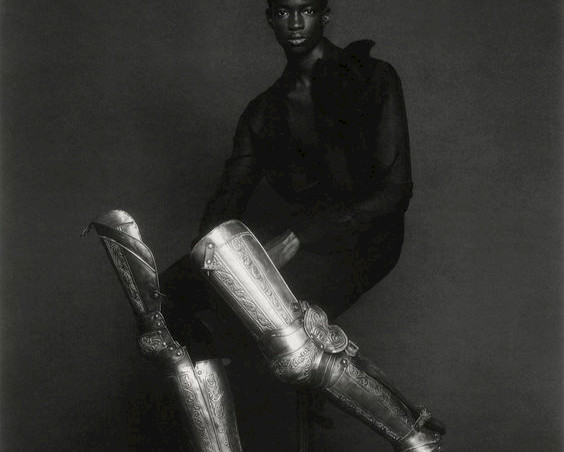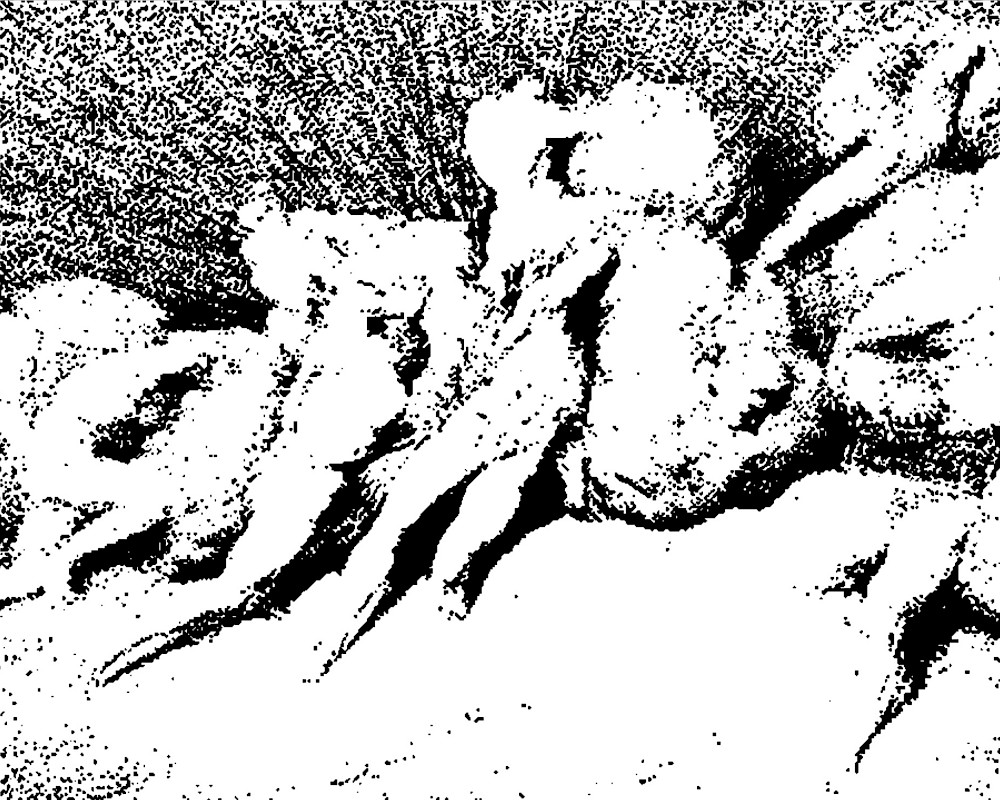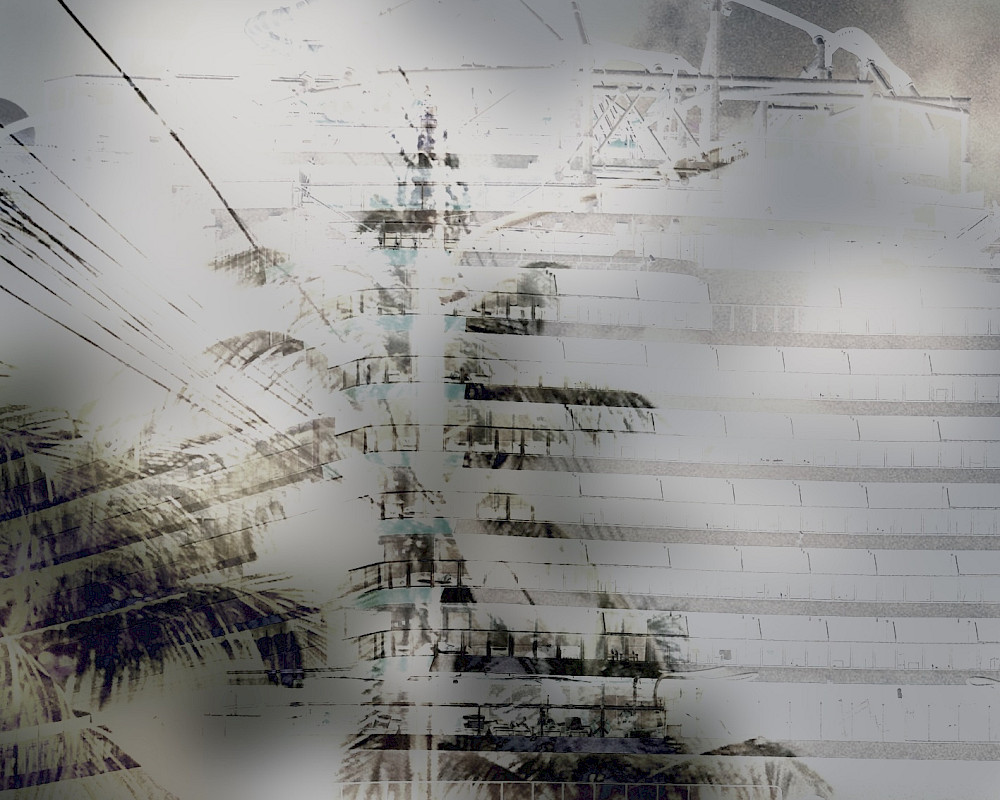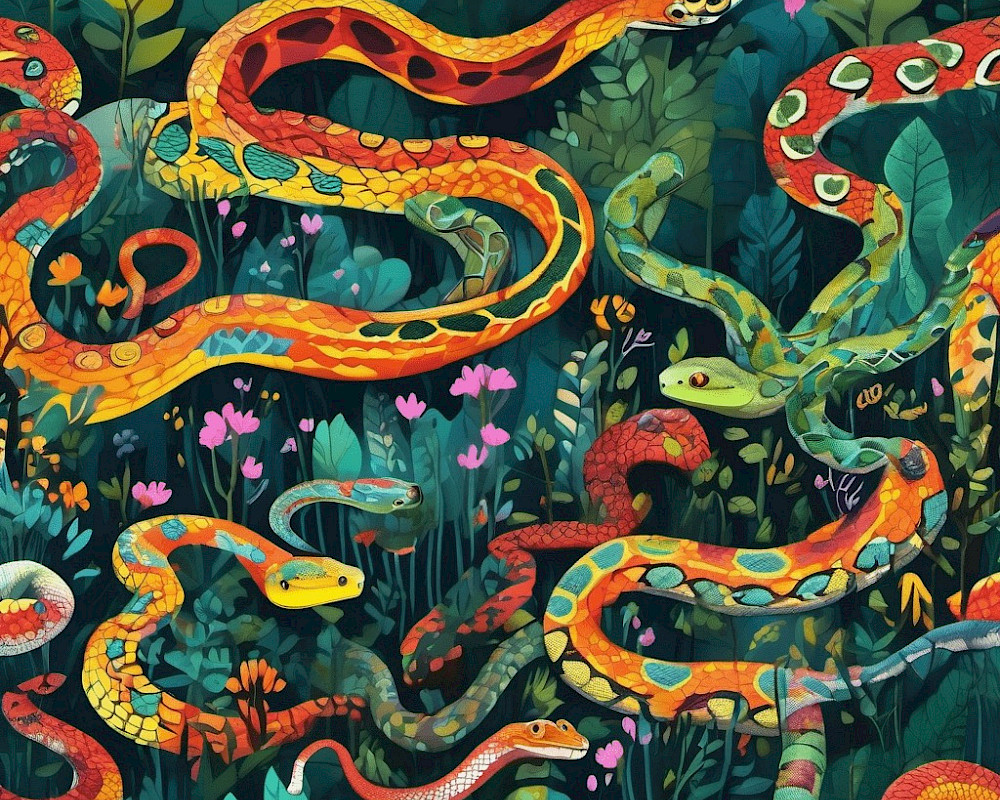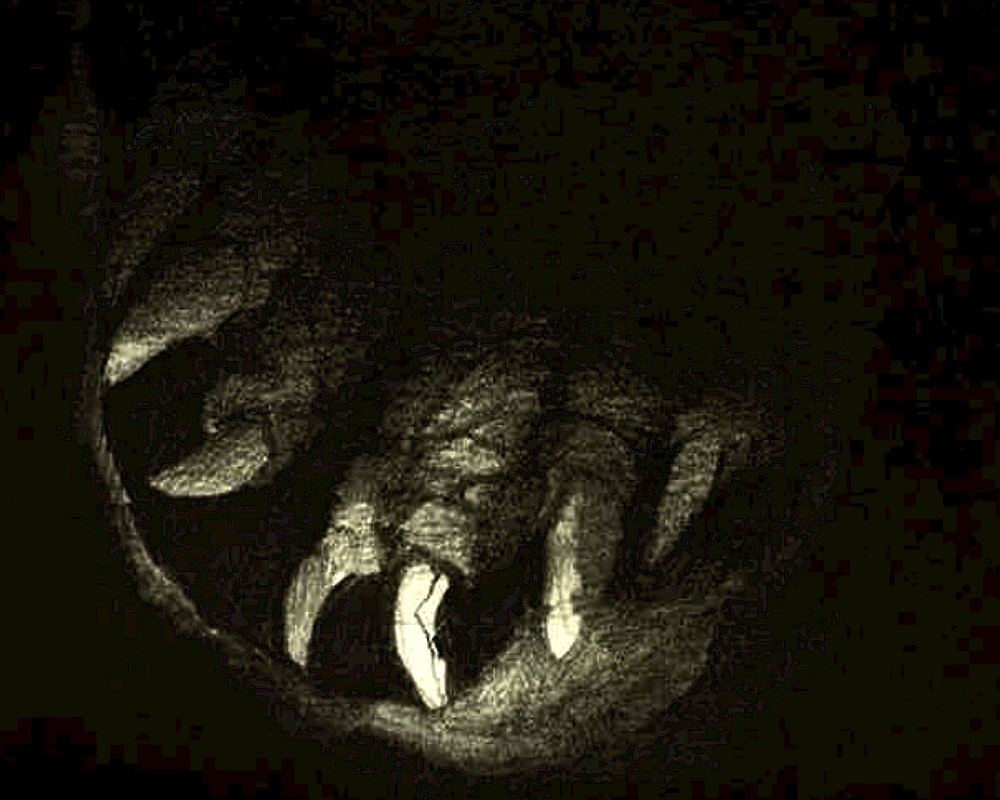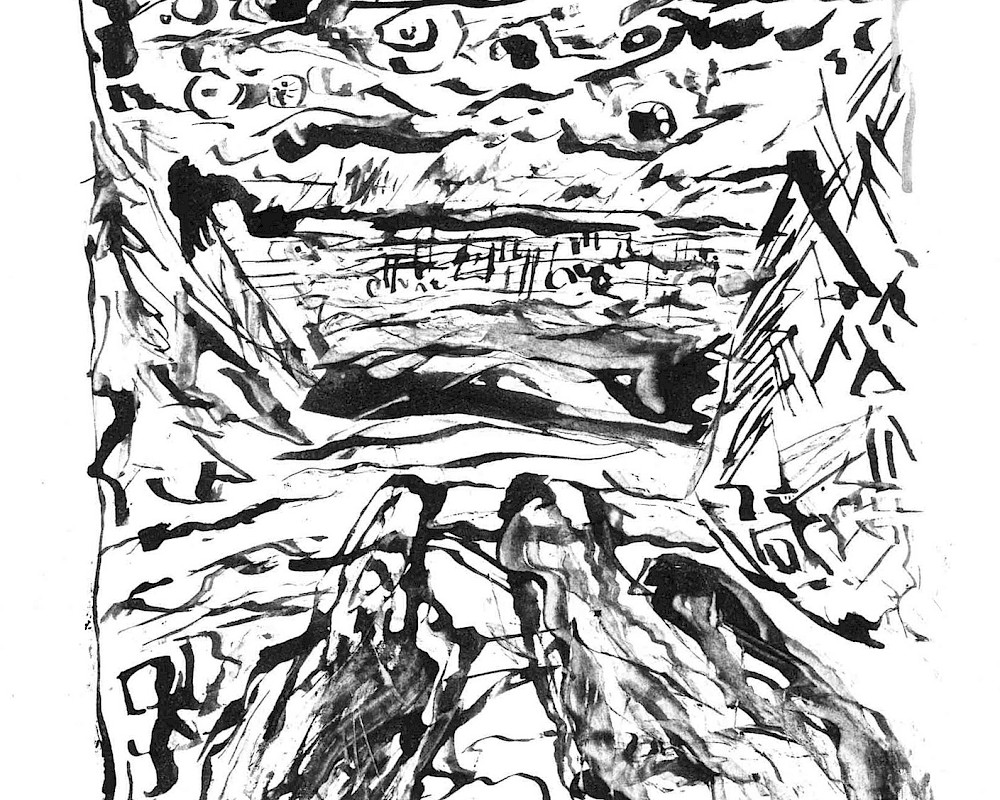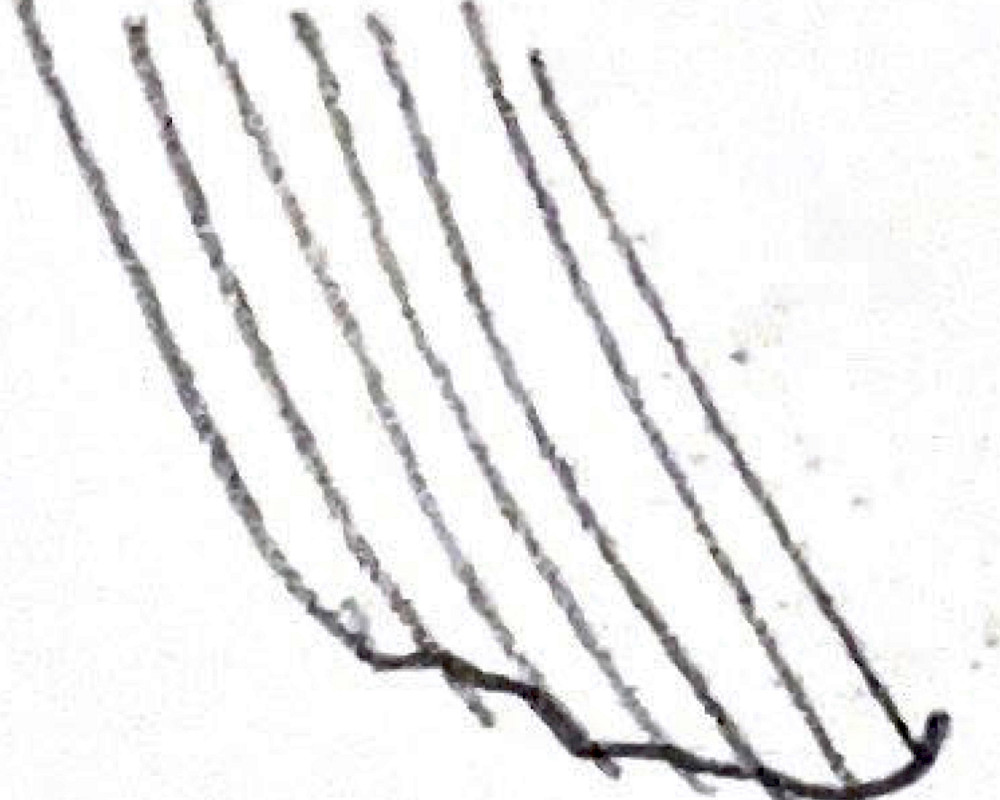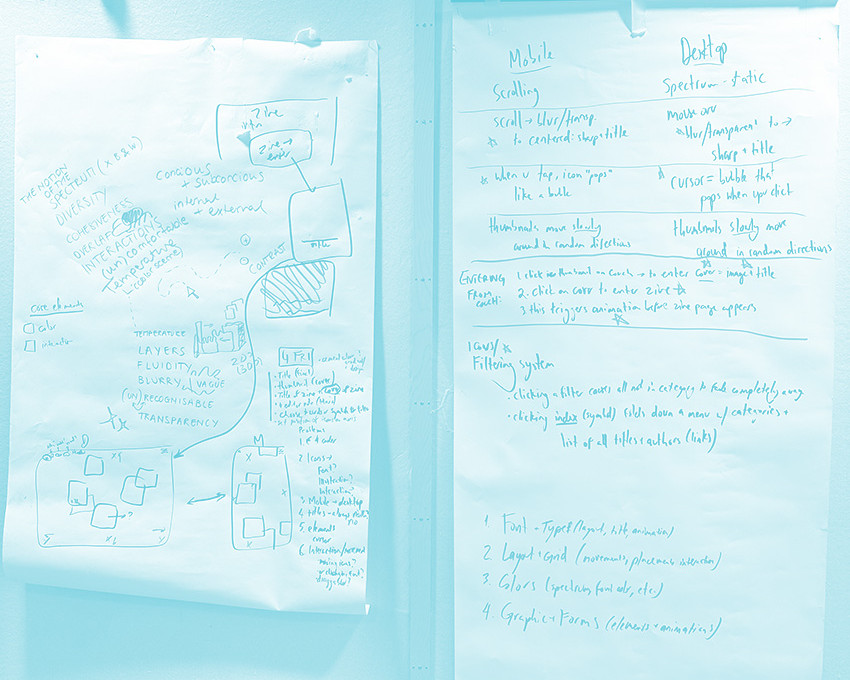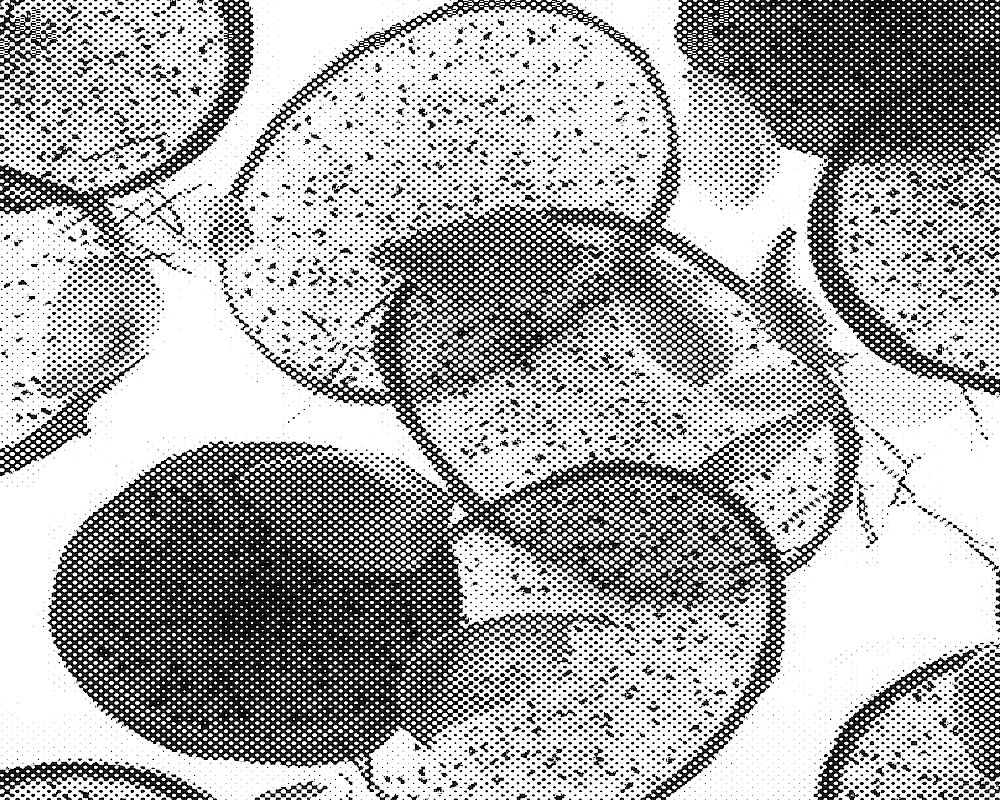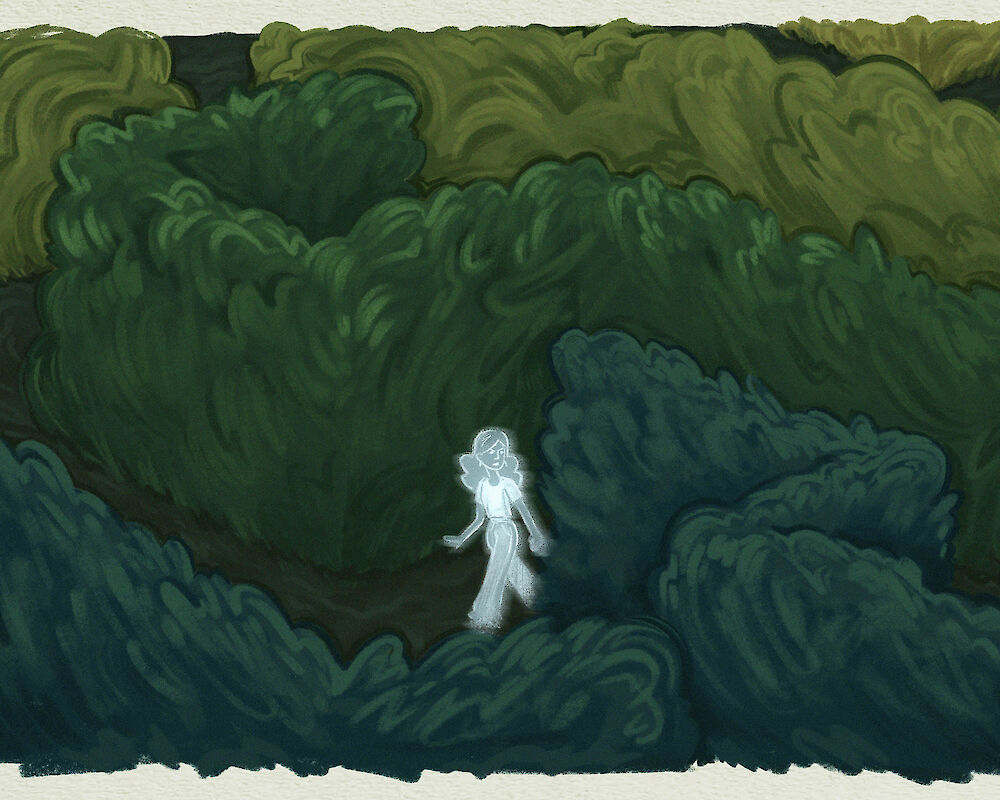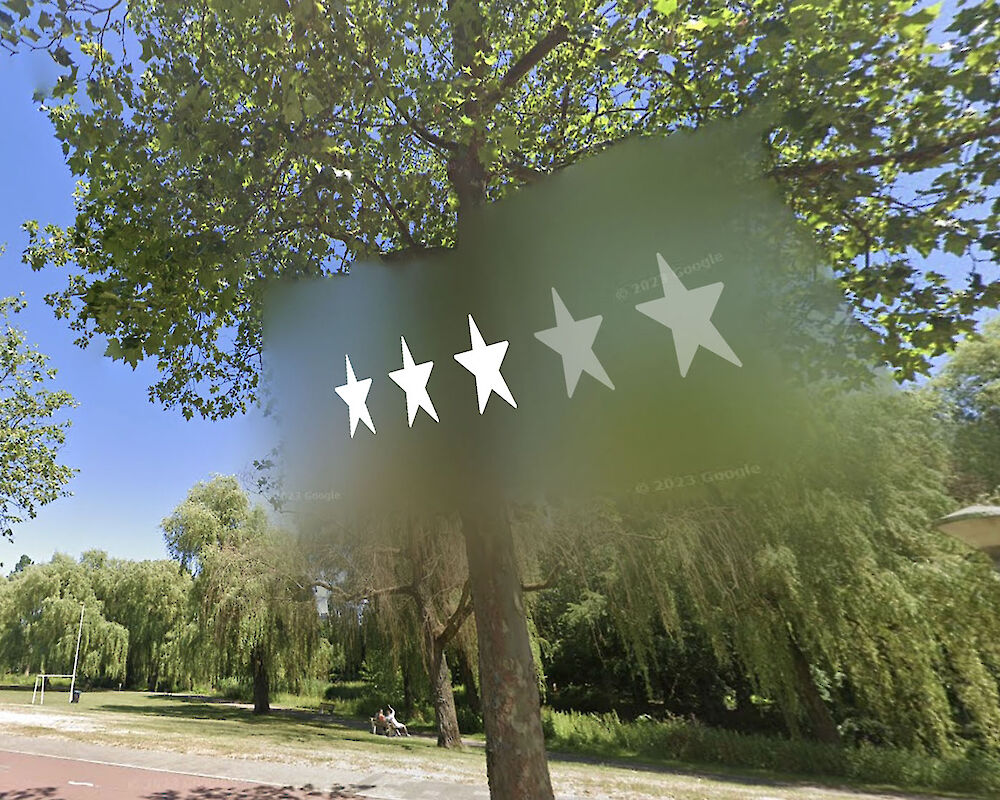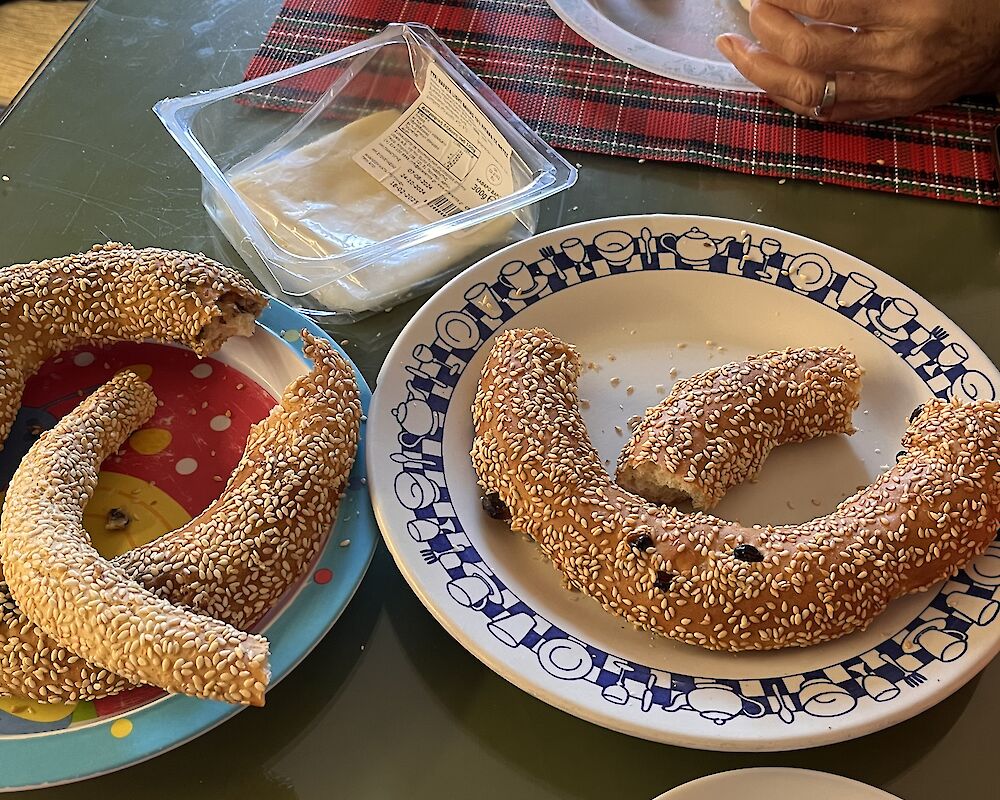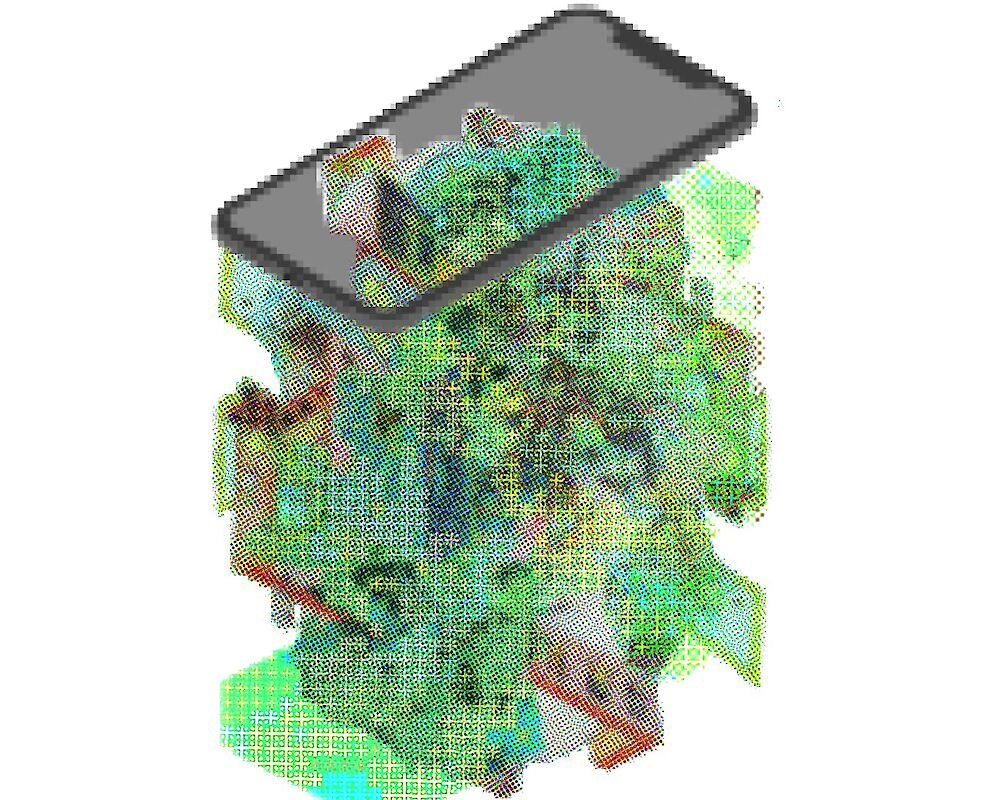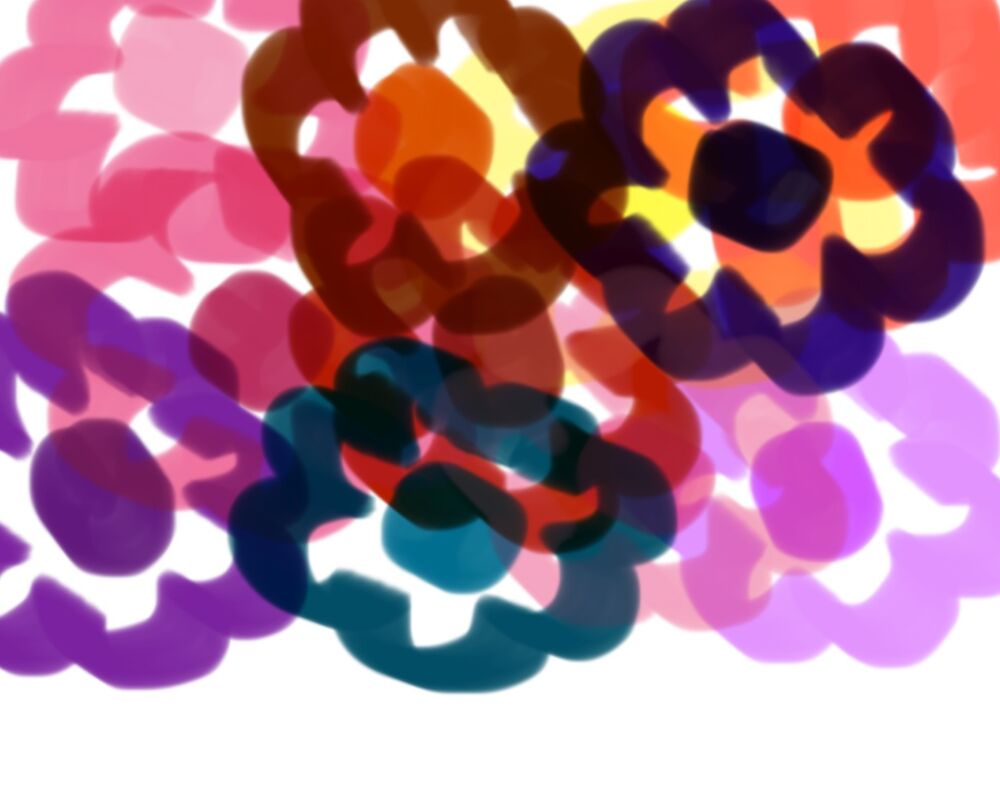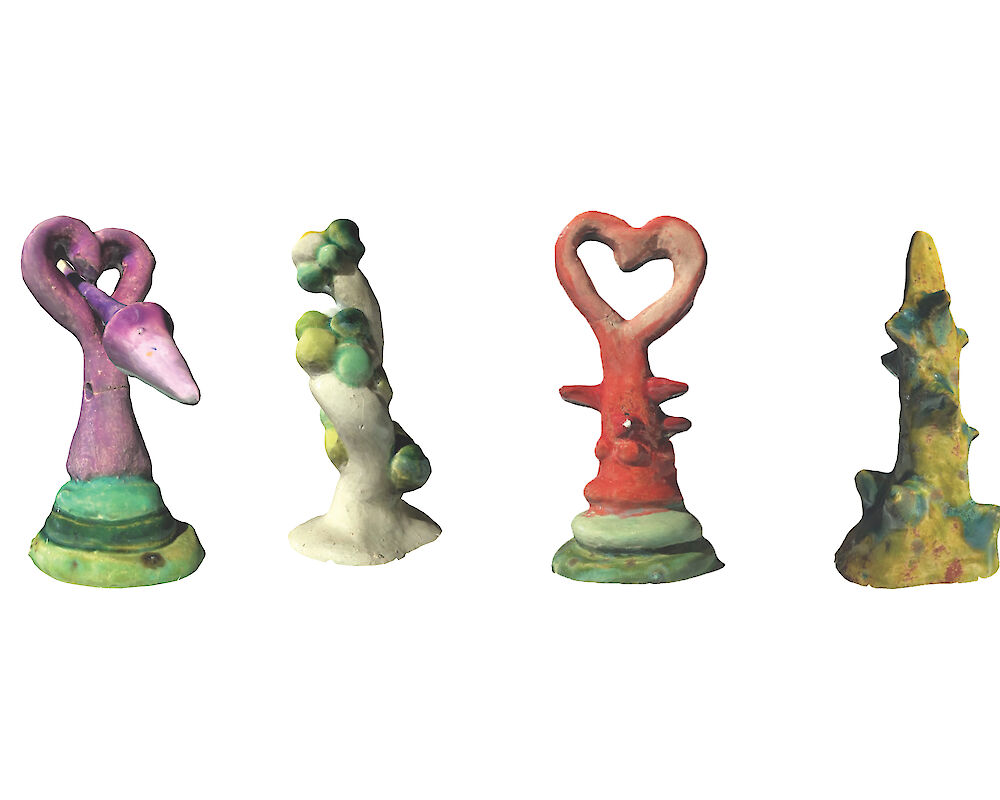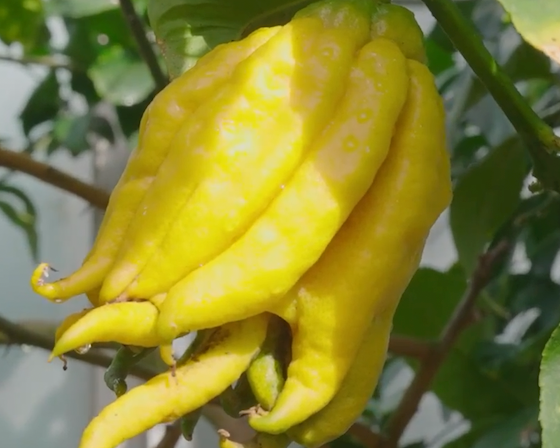7
min read

"Pleasure, in fact, is predicated on actual enjoyment of the frustration, of being able to tolerate mounting bodily arousal, excitement, and tension without any guarantee of immediate satisfaction and release." [1]
Carnivore gardens,
Cannibal gardens,
Gardens of pleasure.
When I think about imaginary gardens, I imagine ample green spaces.
They are limitless both in beauty and in grandeur. And there exist within this space a curated, organized decorative arrangement of flowers and around it, in it, through it, invasive growth crawls through them in perfect balance.
They take from the land what they need but weave their roots in perfect harmony with that which they take form.
I am confronted with the fact that I am frozen in this place, the beauty is overpowering, within me there exists no liberty to explore or become part of it. I feel like the stain on a carefully embroidered piece, improperly placed.
Always a bit stringent, with little method, my personal chaos is irrelevant to my own desires or wants for organization.
I feel like this garden is me. I simultaneously belong and unbelong to myself, as parts of me have been carefully taken almost in an animalistic way from the ones i love.
Desire overtook this garden, a cannibal being that bites off the aspects of others it desires. It plants these pieces of skin into fertile earth hoping that from them a plant will grow.
I am not the organized or curated part of this garden, or I wasn’t in the beginning, I am both the invader and the planted. If I were to pull the roots out from the garden, invaders and planted seeds, I would pull everything out.
This imaginary garden is like a monstrous being of pleasure and desire, a horror provoked by my own insatiable hunger to be. To feel. To taste. To do. To become
Cannibal is my desire to be seen, to see, to know, to be known, to be understood and to understand. I chomp at the skin of others, flesh bloody with their knowledge and I plant it, and from them a root grows or dies. —
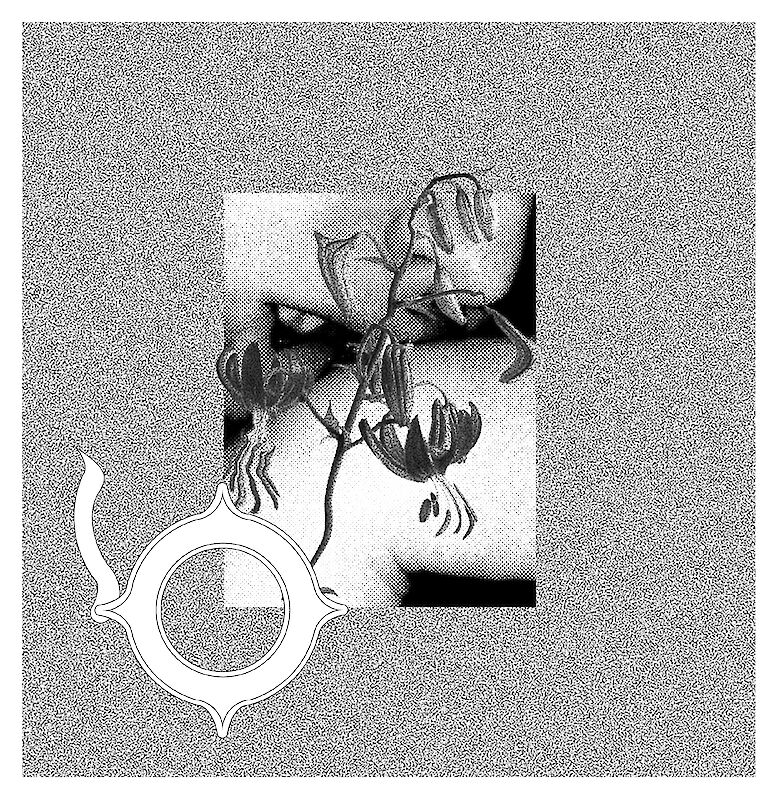
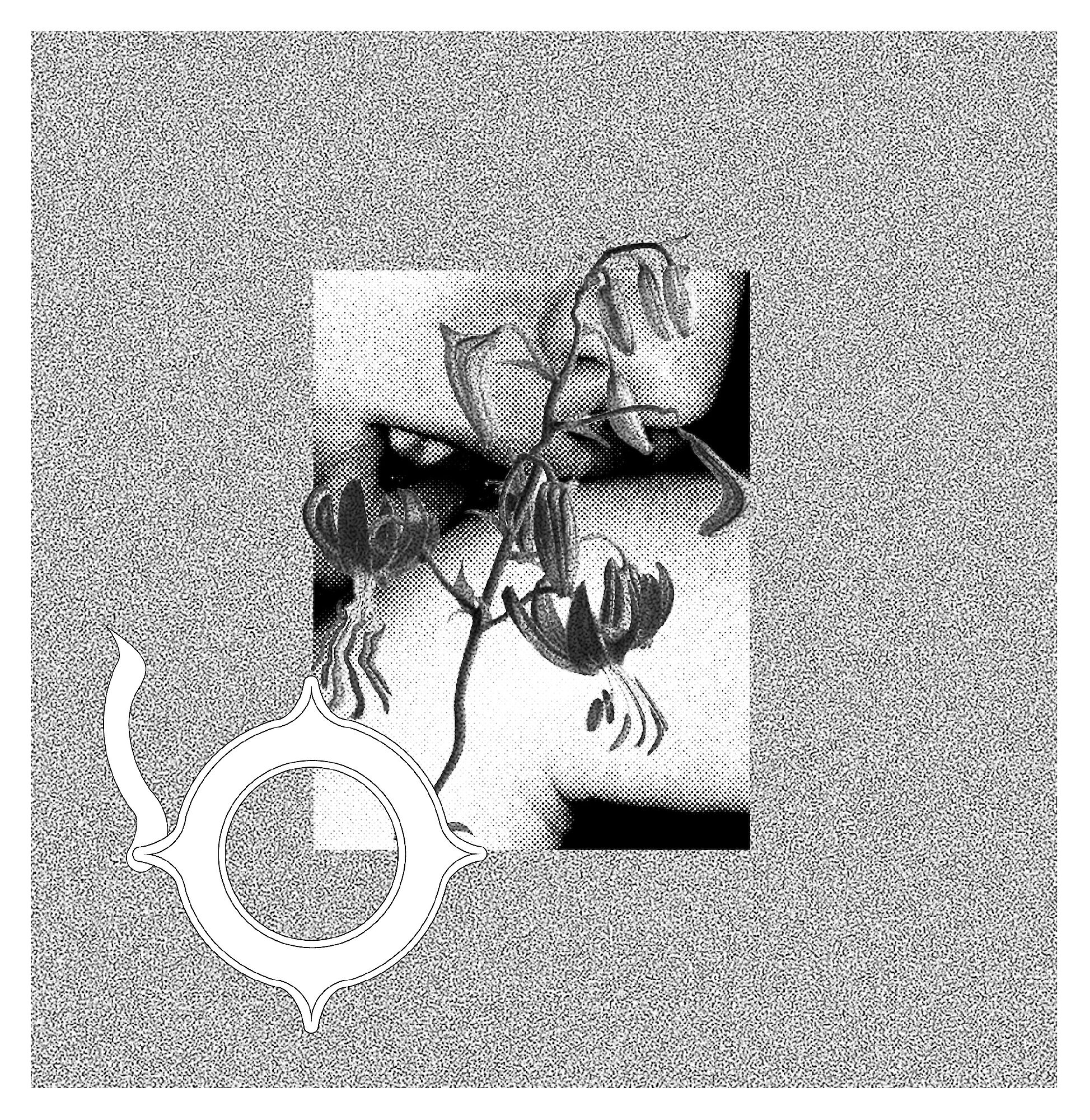
Carefully, the gardener took one of their hands. In them, the tenderness of their touch, the care of their affection, the esteem of their friends, the love they give to their lovers could easily be perceived. Their body, resting without fear, responded affectionately to the touch.
On the side table gleamed a transparent tool that seemed to be made of glass but wasn’t cold to the touch. With gentle hands they took the tool, opening it, as the dawn light shimmered softly on the transparent surface.
They turned over the hand of the sleeping being, palm up. Carefully, they put the tool on top of it. They pushed one of the arms and hooked the device; tiny needles embedded themselves in the back of the hand, and from the center of the palm emerged four spikes that tensed the skin outward.
At the center of the tool, they traced the skin with a small blade and cut a piece of skin from the palm. The hand bled and bled, the blood pooling on the edges of the tool as it filled with the red liquid. Its owner didn't wake up, simply moved closer.
After finishing the cut, with tweezers they took the piece of skin, and from the table drawer took out a small bowl of water and a piece of cotton. There they placed this piece of skin, and put it on a small lid.
They returned to the hand, unhooked the spikes from the back and gradually the palm's skin closed, the blood stopped flowing and only a pink line remained in the shape of the cut. Faintly, the light reflected on the visible skin of the sleeping being, and soft pink lines could be seen, just barely, as proof of the gardener’s habits.
When the gardener finished, they unhooked the clamps from the palm and took the tool in their hands, cleaned it with a velvet-like cloth and put it back on the table.
They carefully took the covered bowl, and cautiously to avoid making noise, walked toward an invisible door. To everyone's eyes, this door was a wall, but the gardener knew that if they crossed this door's threshold, they would enter an enormous garden.
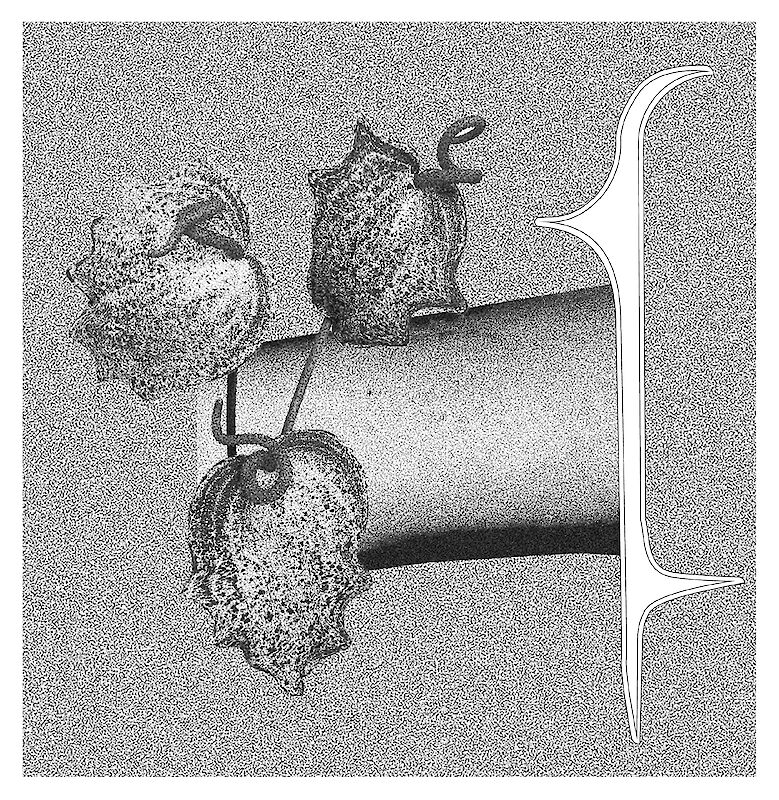

The garden inside seemed eternal, as vast as one’s own desire. Its shape was ever-changing, completely uncertain on where its limits were. Ferocious and carnal, but also tender and quiet, it went on and on. They knew it well, all its dark corners, the shameful and the proud since they had curated the planting of most areas.
Although, like desire and pleasure, sometimes the garden decided its own shape, and plants hybridized between themselves and grew like weeds, on top of others, roots moving things out of place.
In a small clearing, a few meters from where they had arrived, was a table full of pots and jars, with plants in different stages of germination. Some stood out for their peculiar appearance, long, short, but all with a particular grotesqueness about them. They resembled orchids, lilies, poppies, anemones and more, others looked like lavender, rosemary, thyme.
There were some that had passed the germinating stages, and imposed themselves as complete entities, many years old, and their appearance was corpulent, dark and unpleasant. They were on wheelbarrows, and their roots where fleshy and bloody, dripping constantly onto the garden's soil.
The gardener put the bowl on the table, made some concoctions and left it next to some small buds. In those small bowls you could see pieces of skin that had grown roots, in red, orange and purple colors; they had a healthy and vivid appearance.


They went on to observe the plants they had extracted during their previous visit to the garden. Once they had been equally beautiful, with bright roots, but over time these aspects of the garden morphed into darker things. And as time went by, they became unwanted, repulsions of the desire the gardener once had. When they decided to remove them, they took half a patch of this garden with them and left an empty lot, awkward and torn like a wound on the skin. The need to fill the land had invaded the gardener's mind. Their desire to feel whole, complete would make them act out of impulse and so, they had to remind themselves to actively stop taking so much.
But it was true that at that moment, desire could have clouded their vision. In their mind, they could feel their desire to be perceived, loved, and considered. And just as their desire consumed them with an almost perverse madness, they consumed those around them, without much care of who or when they did it. And so, to avoid needless consumption, the gardener would plan out the extractions with a few days in-between, to test out the needs of this want.
That garden space was gradually taking shape again, but now it was being consumed by the garden's inevitable chaos. Wild flowers, native to these lands, mutants of other transplants, had made themselves noticed with their peculiarity.
At first this seemed terrifying to the gardener, and an uncontrollable fear consumed them every time they tried to approach this space. It seemed repulsive to them, the smell, the colors... it was disorderly, it was terrible, it was too personal.
That fear prevented them from acting as they would have liked, but perhaps, that same fear made them curious. Before them stood the chaos they could never master, expanding and contorting organically, naturally.
Since then, they don't plant or transplant anything to that place, they only take care of removing the last untameable beasts, some with anger, rage and fury. Others with affection, sadness and nostalgia.
They’ve learned to read and understand their desires, to be more mindful of how they eat, who they eat. They do it with affection, keeping their pleasure and wellbeing in mind.
Their desire remains cannibalistic, as it has always been, and will always be.
Notes
1. Davies, J. M. (2007). "The Times We Sizzle, and the Times We Sigh: The Multiple Erotics of Arousal, Anticipation, and Release," Psychoanalytic Dialogues, 16(6), 665–686.
***
This piece is a contribution to the digital zine “Imaginary Gardens”, produced by the 1st-year Contextual Design masters students at Design Academy Eindhoven, May 2025
